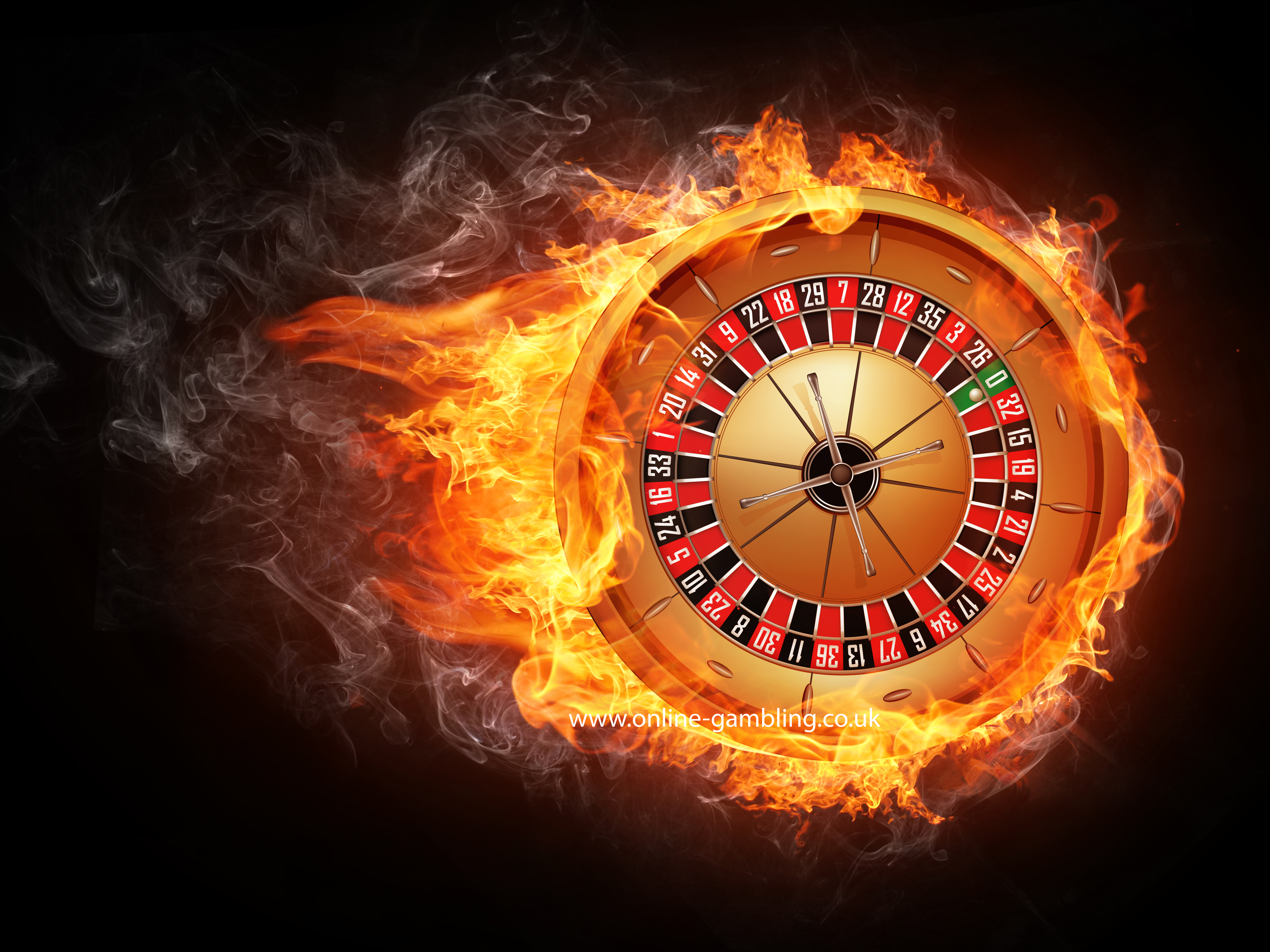Investigating Table Games: More Than Just Chance
When we think of gambling activities, the first pictures that frequently cross our minds are those of rotating wheel wheels, card tokens clinking on fabric tables, and dice rolling across a gaming surface. While many consider these games as simple hobbies fueled by luck, a more profound exploration reveals a fascinating blend of strategy, skill, and social interaction that raises them well beyond simple luck. Regardless of whether you are a seasoned player or a inquisitive newcomer, understanding the subtleties of these activities can greatly enhance your experience and appreciation.
Casino activities have evolved over hundreds of years, with different cultures contributing to their diverse histories and variations. From the intricate strategies of blackjack to the bluffing methods in card games, players engage in a contest of intellect as much as a risk on odds. This exciting interplay between chance and skill creates a thrilling atmosphere that draws countless people to gambling establishments worldwide. As we delve into the realm of card activities, we will reveal the methods that can tilt the odds in your favor and the social aspects that make these games a popular choice for entertainment and interaction.
The Approach Behind Table Games
Table games often combine a mix of ability and chance, making them intriguing for players who enjoy a challenge. Each game has their own set of guidelines and strategies that can affect the outcome. For instance, in titles like blackjack, participants are required to use tactics like counting cards and understanding the odds to make informed decisions. This skill set can greatly improve the winning potential, differentiating experienced participants from beginners who may rely solely on luck.
Conversely, games such as the roulette may appear to be entirely based on luck, but tactical thinking can also come into the equation. Participants can choose between different wagering strategies, such as the Martingale system, in which they raise their bets after a loss. This approach can establish a more methodical approach to the activity. Understanding the probabilities of specific bets can also help participants make smarter decisions on the roulette table, showcasing that even in titles of chance, tactics can enhance the enjoyment.
Furthermore, the game of poker stands out as a title that heavily emphasizes tactics. In contrast to most casino titles, poker combines ability, mental acuity, and luck. Players must also focus on the cards they are dealt but also take into account their opponents actions and betting patterns. Mastering principles like position, pot odds, and interpreting bluffing is essential for success. This complexity of tactics in poker often creates to a more engaging encounter for participants, as the decisions and skills significantly affect the match's results.

Grasping Probability and Odds
In the realm of casino games, likelihood and ratios hold a vital role in deciding a player's potential results. Every match has its own collection of rules that dictate how the probability of succeeding or failing is calculated. For example, in matches like blackjack, players have a opportunity to influence their odds through strategy, whereas in matches like the wheel, the results are exclusively governed by chance. Grasping how these probabilities are measured can significantly affect how a player approaches the match.
Odds are typically shown in two formats: fractional and decimal. Fractional ratios indicate the ratio of the sum won to the sum bet, whereas numeric ratios show the total return for a successful bet, including the initial bet. For instance, if a game has ratios of 5 to 1, this implies that for every one dollar staked, a gambler could win five dollars if successful. Understanding how to understand these odds allows gamblers to evaluate their potential winnings and formulate more informed decisions during play.
Gamblers should also be conscious of the house edge, which is the casino's inherent benefit over the gamblers. Each game has a different house edge, and grasping this concept is crucial for controlling one's hopes and budget. Activities with a reduced advantage, such as 21 and chemin de fer, typically offer superior odds for players compared to games like slots and lottery. By recognizing the relationship between probability, ratios, and the casino advantage, players can improve their gaming engagement and strategize more efficiently.
The Exciting Aspect of Table Gaming
Table games at casinos are often seen as a center of community engagement, drawing participants together in a shared experience that extends far beyond the mere act of gambling. https://8ok.run/ The atmosphere at a blackjack table can be vibrant, with players engaging not only with the game itself but also with each other. Joy, excitement, and, sometimes, playful teasing create connections that improve the overall enjoyment of the gaming experience. This communal aspect can turn a alone endeavor into a dynamic social event, making table games particularly appealing.
One of the fascinating elements of table gaming is the way it fosters friendship among participants. Whether it's teaming up to defeat the dealer at a dice table or sharing stories between hands in a card game, the environment encourages communication. Players often share advice or tactics, creating a sense of community that boosts the fun. This interpersonal atmosphere can make new gamblers feel included and less daunted by the competitive nature of gaming. As the game continues, friendships may form, leading to a sense of connection that keeps players coming back to the table.
Moreover, the social aspect of table gaming extends outside just the players. Dealers play a crucial role in encouraging interaction and maintaining the flow of the game. Their ability to engage gamblers with friendly conversation and their expertise in running the table can create an inviting atmosphere. This relationship between players and dealers adds another layer of enjoyment, where gamblers feel bonded not only to one another but also to the staff. Such interactions are often what make the experience unforgettable, as players leave with stories to tell and connections made, reinforcing the notion that gaming at tables are truly about more than just chance.
